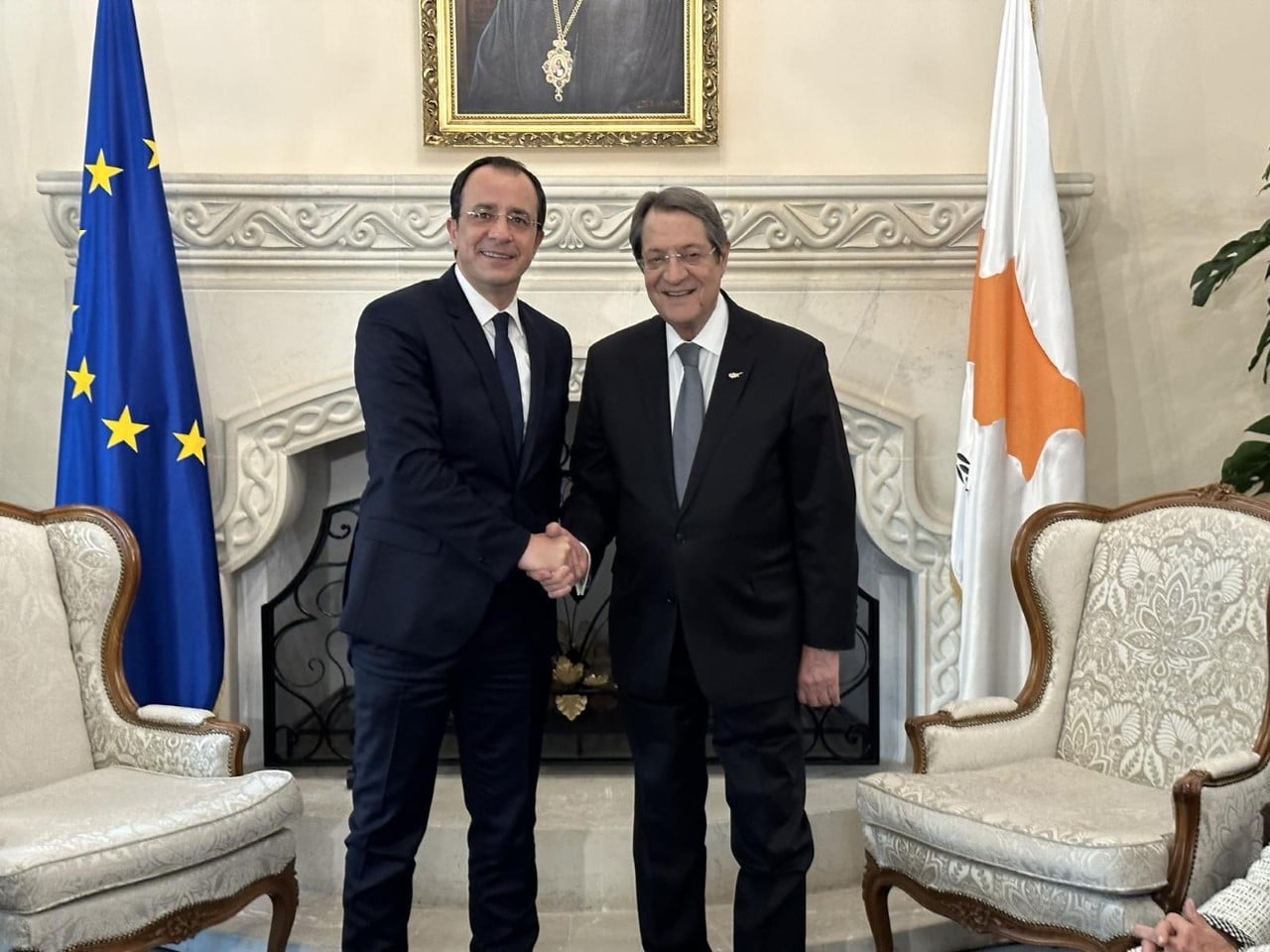In the last year and a half of his presidency, Nicos Anastasiades had made the appointment of a special envoy by the UN Secretary-General his main Cyprus problem objective. He brought up his demand at meetings he had with Antonio Guterres, informed the public an appointment was imminent on several occasions, the only question being whether the envoy would be appointed by the UNSG or the UN Security Council – or so the government had been telling the media.
No special envoy was ever appointed, although this did not stop Anastasiades raising public expectations. President Nikos Christodoulides has not made a big issue out of this, as he has focused his efforts on securing a more active and substantive role of the EU in the peace process, which had led to claims that he was attempting to downplay the role of the UN. Both initiatives appear to have been geared for domestic audiences as neither is a realistic option under current conditions.
The government spokesman paid lip service to the idea of the special envoy, after the meeting between Chistodoulides and UN Special Representative Colin Stewart on Monday. Constantinos Letymbiotis said the appointment of a special envoy would “be something that would add to the movement we are hoping to create.” Creating movement around the Cyprus problem has become an end in itself, supported by repeated assertions about readiness to sit at peace talks. This was Anastasiades’ tactic, and it is now being followed by Christodoulides.
There may be the much-desired movement after the run-off elections in Turkey, but it will not be achieved with rhetoric about our readiness to sit at talks, proposals for a substantive role of the EU or the appointment of special envoy by the UN. This can only happen through specific, concrete proposals to the other side, aimed at bridging the huge gulf that currently exists and renders the resumption of the process impossible. There must be a strategy aimed at persuading the Turkish side to return to the table and this will not be drafted by the UN or the EU.
Only Christodoulides can do this, but whether he has the political will to undertake such an initiative is far from certain. He also has the hardline parties in his government alliance, which would oppose any type of concessions aimed at rekindling the process, to contend with. For now, they do not object to the rhetoric about the EU involvement, because it is unlikely to lead anywhere, not even to the appointment of an UN envoy. Christodoulides will have to prove his commitment to a settlement – not to a resumption of talks as has been the case – through actions if the EU is to take an active role in the process and Guterres is to appoint an envoy.







Click here to change your cookie preferences